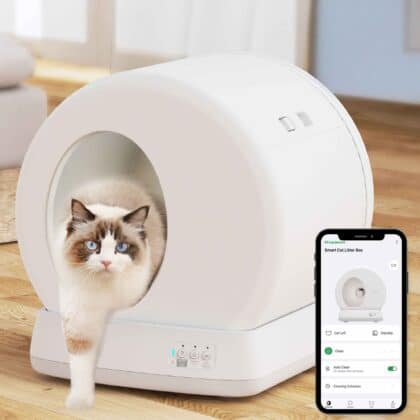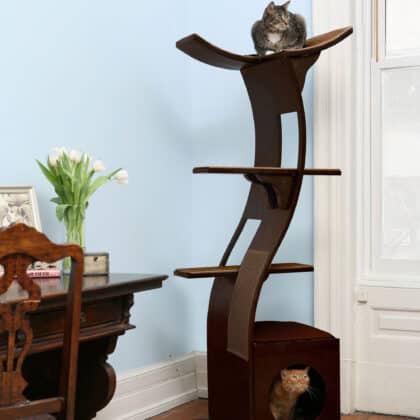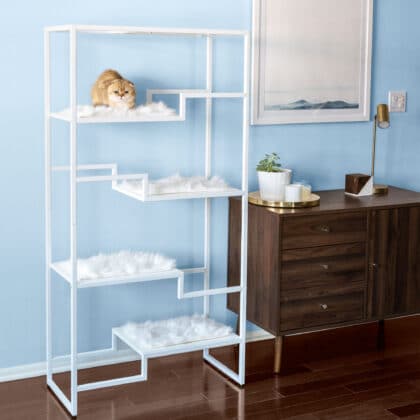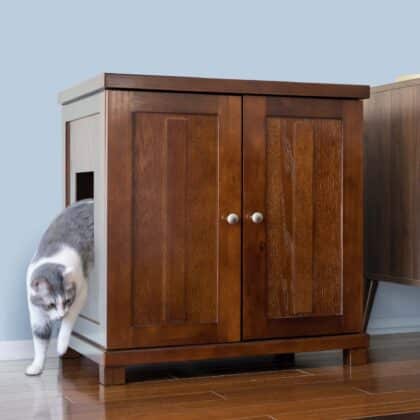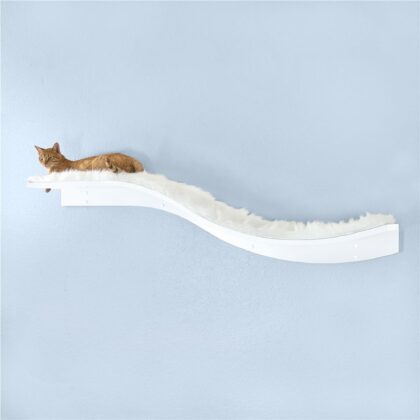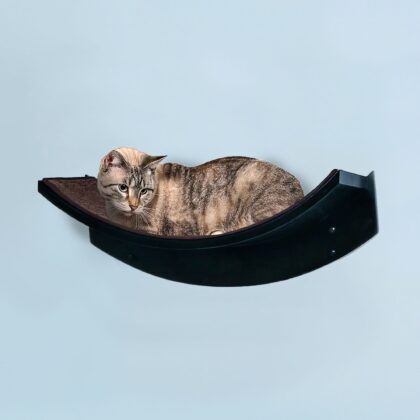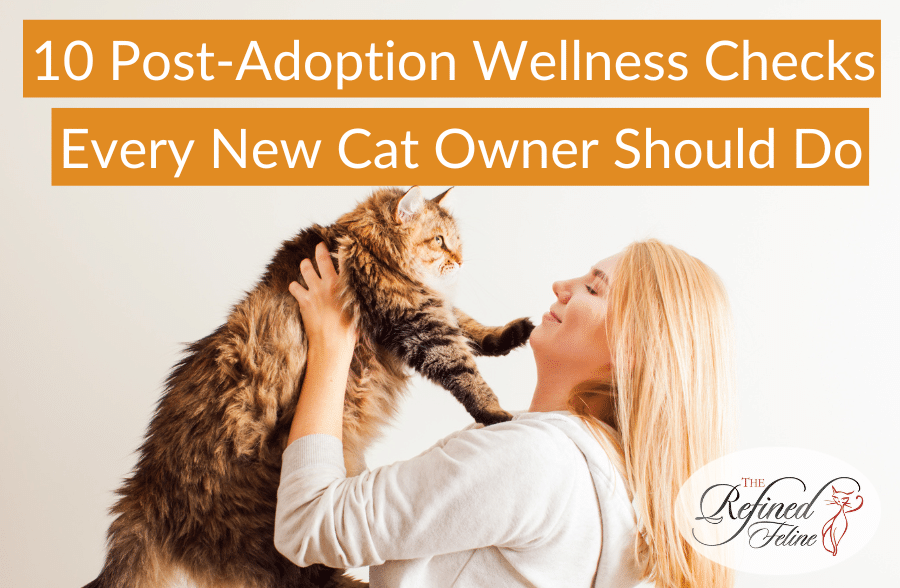
10 Post-Adoption Wellness Checks Every New Cat Owner Should Do
Adopting a cat is an exciting journey filled with joy and new experiences. However, along with the fun and affection, comes the responsibility of ensuring your new feline friend’s health and well-being. After bringing your cat home, conducting regular wellness checks is crucial. These checks help in early detection of potential health issues and ensure that your cat adapts well to its new environment. The Refined Feline will explore 10 essential post-adoption wellness checks every new cat owner should be doing.
Initial Veterinary Visit
Your first step should be a comprehensive check-up by a veterinarian. This initial visit serves several purposes:
- Health Assessment: The vet will perform a full physical examination to check for any signs of illness or distress.
- Vaccinations: Ensure your cat is up-to-date with necessary vaccinations.
- Parasite Control: The vet can check for signs of parasites and provide appropriate treatments.
Nutritional Evaluation
Nutrition is pivotal to your cat’s health. A nutritional evaluation involves:
- Diet Analysis: Discuss with your vet about the optimal diet for your cat’s age, weight, and health condition.
- Feeding Schedule: Establish a feeding routine that suits your cat’s needs and lifestyle.
- Monitoring Weight: Keep an eye on your cat’s weight to prevent obesity or detect weight loss.
Dental Check-up
Dental health is often overlooked in cats. During your initial vet visits, include a dental check to:
- Inspect Teeth and Gums: Look for signs of dental issues like tartar build-up, gum disease, or loose teeth.
- Learn Dental Care Routine: Ask your vet about daily dental care, including brushing your cat’s teeth and using dental treats or toys.
Behavioral Assessment
Understanding your cat’s behavior is crucial for their overall well-being.
- Observe Patterns: Take note of your cat’s eating, sleeping, and litter box habits.
- Stress Signs: Look for signs of stress or anxiety and consult your vet or a behaviorist if necessary.
Grooming and Skin Health
Regular grooming is essential for maintaining your cat’s coat and skin health.
- Coat Inspection: Check for signs of fleas, ticks, or skin irritations.
- Grooming Routine: Establish a regular grooming routine that includes brushing and, if necessary, bathing.
Litter Box Habits
Monitoring your cat’s litter box habits can provide insights into their health.
- Regular Checks: Look for any changes in urine or stool, which can indicate health issues.
- Cleanliness: Keep the litter box clean to encourage use and prevent diseases.
Related: The Ultimate Guide to Cat Litter: Choosing the Perfect Option
Ear and Eye Exams
Ears and eyes are important indicators of health in cats.
- Look for Discharge: Regularly check for any unusual discharge or odor from the ears and eyes.
- Signs of Irritation: Redness or constant scratching can signal a problem.
Claw and Paw Care
Paws and claws are essential for a cat’s mobility and behavior.
- Claw Clipping: Learn how to safely clip your cat’s claws.
- Paw Inspection: Regularly check your cat’s paws for cuts, thorns, or swellings.
Vaccination and Deworming Follow-ups
Stay on top of your cat’s vaccination and deworming schedules.
- Regular Updates: Ensure your cat receives regular vaccine boosters and deworming treatments.
- Record Keeping: Keep a health record book to track vaccinations and medical treatments.
Emergency Preparedness
Be prepared for emergencies.
- First-Aid Kit: Keep a cat-specific first-aid kit at home.
- Emergency Contacts: Have your vet’s contact information and know the location of the nearest animal emergency hospital.
Building a Wellness Routine
Creating a wellness routine for your cat is not just about addressing physical health; it’s about nurturing their overall well-being. This involves understanding their unique needs and preferences, which can change over time.
- Adaptability: Be prepared to adjust your cat’s care routine as they age or if their health needs change. What works for a kitten may not suit a senior cat.
- Mental Health: Cats need mental stimulation. Engage them with interactive toys, scratching posts, and playtime. Consider adding cat furniture that encourages exploration and exercise, like The Refined Feline’s Lotus Cat Tower, to enrich their environment.
Socialization and Bonding
Socialization plays a significant role in your cat’s wellness. Cats are often perceived as solitary animals, but they benefit from bonding and interaction.
- Quality Time: Spend quality time with your cat daily. Petting, grooming, or simply sitting together can strengthen your bond.
- Understanding Boundaries: Learn to read your cat’s body language and respect their boundaries. Forced interaction can lead to stress and anxiety.
Creating a Safe and Stimulating Environment
Your home environment greatly impacts your cat’s health and happiness.
- Safe Spaces: Ensure your cat has access to safe, comfortable spaces where they can retreat and relax. Consider a special bed or enclosed space like The Refined Feline’s Kitty Ball Bed, which provides a secure and stylish resting place.
- Stimulating Environment: Use cat trees, window perches, and toys to create a stimulating environment that encourages play and exploration.
Routine Health Checks
In addition to the initial vet visit, regular check-ups are crucial. These help in early detection and treatment of any emerging health issues.
- Regular Visits: Schedule annual or bi-annual health check-ups with your veterinarian.
- Preventative Care: Discuss preventative care measures with your vet, including flea, tick, and heartworm prevention.
Conclusion: A Commitment to Health and Happiness
Regular wellness checks are a fundamental part of responsible cat ownership. They not only ensure that your cat remains healthy but also strengthen the bond you share with your new companion. Remember, early detection and prevention are key to addressing many health issues. By committing to these post-adoption wellness checks, you provide your cat with the best possible start in its new home, paving the way for many years of happiness and companionship.


